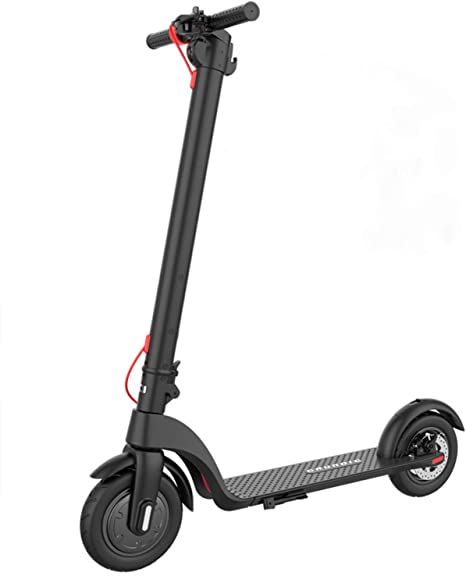Survey reveals over a third of parents don’t ensure their children wear helmets when using E-Scooters

Despite the legal requirements and safety risks involved in using high speed e-scooters, many parents have purchased one for their children, according to new research from personal injury experts Hodge Jones & Allen.
The study of 2,000 UK parents1 found that one in four parents have purchased their child (aged 18 or under) an e-scooter, with a worryingly high number of parents seemingly unaware of the legal and safety risks involved in their use.
While it is apparent that e-scooters can cause serious injuries due to reaching speeds of up to 30 mph, not all parents insist their children use the advised safety equipment while using them. Over a third of parents (38%) don’t ensure their child is wearing a helmet when riding an e-scooter and nearly half of parents (47%) with a child under five are happy to see them ride without a helmet.
Despite private e-scooters currently being illegal to use anywhere except on private land in the UK, the vast majority of parents in the study (85%) allow their children to ride their e-scooter in public areas, with three in four parents even allowing their children to use them on public roads.
The latest government data indicated in 2020 there were 484 casualties in accidents involving e-scooters, 384 of these were the e-scooter users themselves2. Despite the high speeds e-scooters can achieve, only 15% of parents stated they would stop their child using an e-scooter over 10mph.
Lisa Turan, Chief Executive of the Child Brain Injury Trust, explains the dangers of allowing children to use e-scooters, especially without sufficient safety equipment. She said:
“I would urge parents to exercise caution if thinking about purchasing an e-scooter for their children. Even when used on private land, the danger of a fall at speeds of up to 30mph could lead to serious head injuries, especially when a helmet isn’t worn.
“Allowing a child to use these machines without a protective helmet is putting children at undue risk. The majority of accidents might not be serious, and for the most part, a trip to the hospital won’t be needed. For some families however, the incident is significant enough to warrant medical attention. In England, about 35,000 children each year sustain a traumatic brain injury, and the vast majority of these are considered ‘mild’.
“Head injuries that affect the brain can be categorised as mild, moderate, or severe, with most brain injuries falling under mild – moderate. After a brain injury, children can go on to have life changing difficulties with memory, fatigue, behaviour, sleep, and cognition, affecting education, work, and relationships, and can lead to the development of poor mental health if left unsupported. It is concerning that although wearing a safety helmet is a legal requirement for moped and motorcycle riders, it is not a legal requirement for e-scooter users, yet e-scooters fall under the same laws as other motor vehicles.
“Part of the problem is that these difficulties with thought processes, memory and emotions can be harder to recognize, and so it might be a while before anyone even realises that there is a problem. And in children, because the brain is still developing, it may take a bit of time, sometimes even years, for difficulties to show. For example, it may only be when a child moves into secondary school, where independent planning and thinking skills become more important, that we see the full effects of an injury.
“The Child Brain Injury Trust would strongly recommend a full and thorough assessment of the safety risks of all e-scooter use, and the introduction of mandatory helmet wearing for e-scooter users.”




